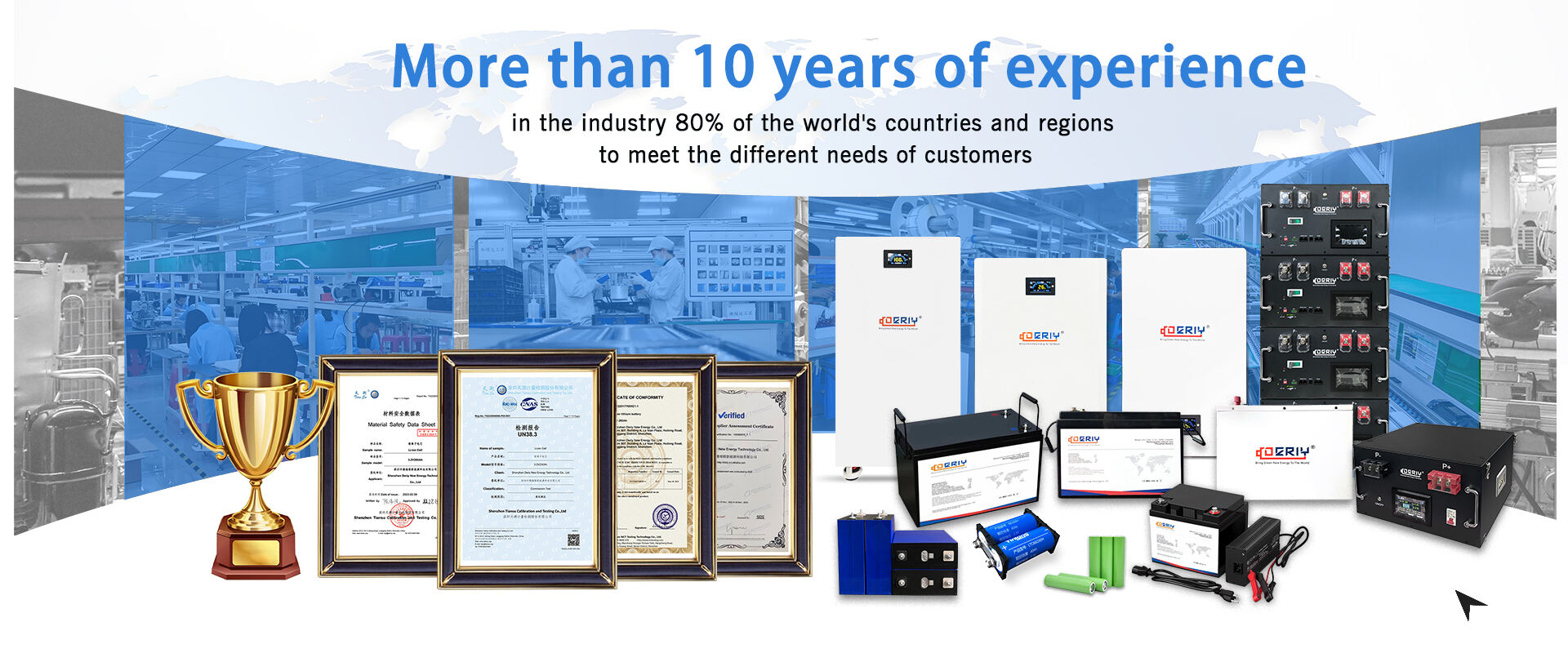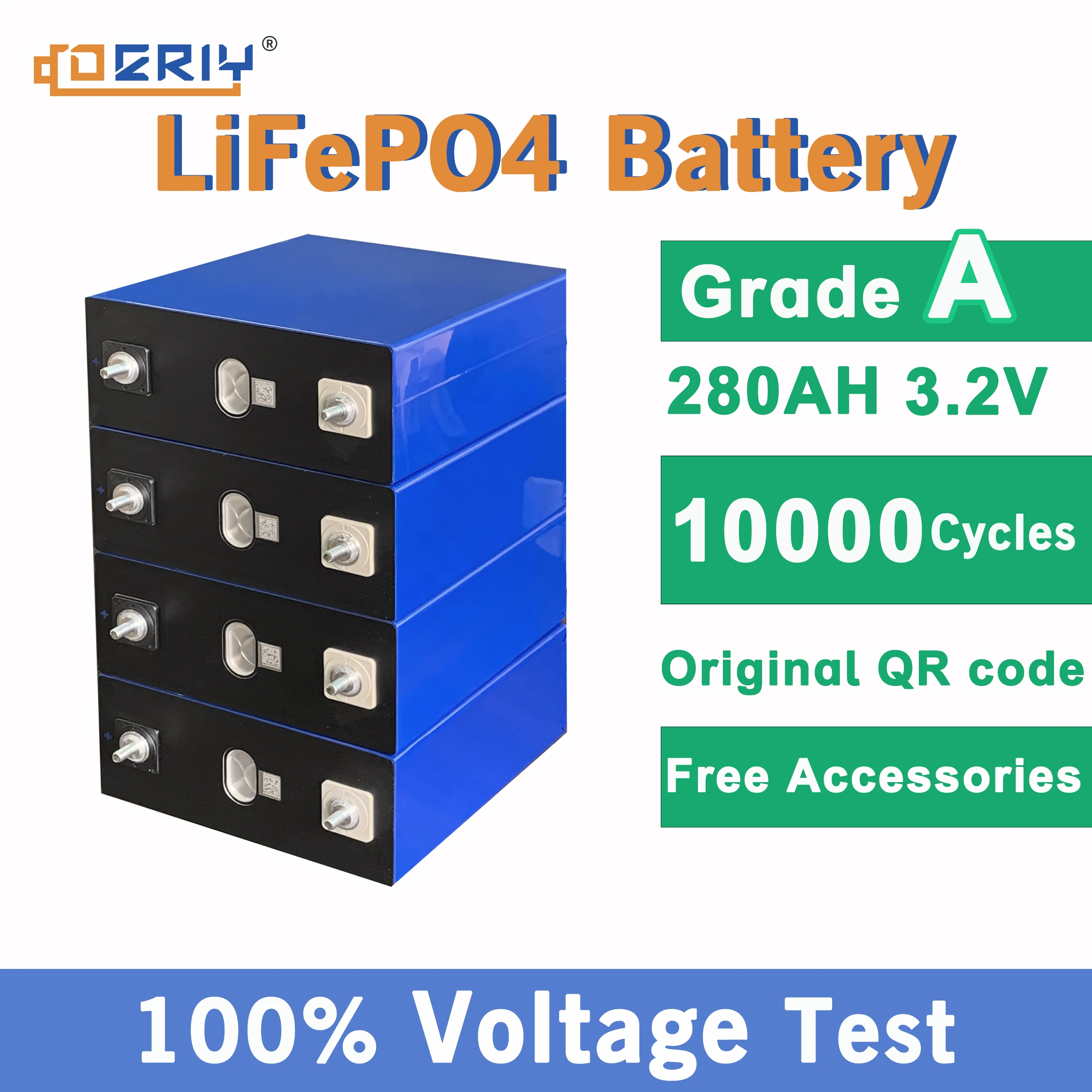
The supply chain for solar batteries goes through several processes. It starts at the beginning with the lithium-ion batteries raw materials lithium, cobalt, and nickel being mined and processed. The subsequent processes include manufacturing the battery’s cells and then assembling them into battery packs. Distributors also have a part to play in supplying the batteries to the installers and end users. To minimize waste, recycling and reusing the batteries is also included in the process. All these processes need to be well organized so that the solar batteries are of good quality, reasonably priced, and do not violate ecological principles.
